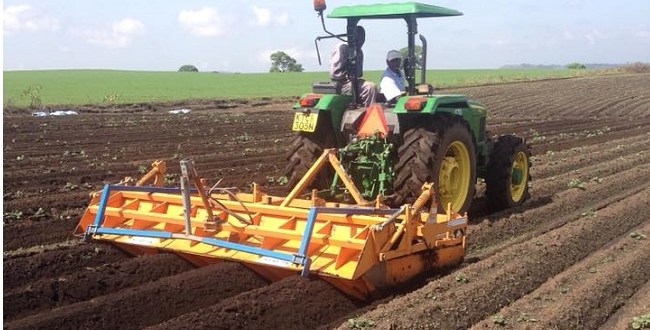The county government of Nakuru has embarked on the registrations of all farmers to update its data on agricultural activities to enable it draw up strategies to revamp agriculture in the county.
The exercise involves all agricultural officers in sub-counties, chiefs and assistant chiefs is aimed at helping farmers to get professional advice on modern methods of farming, alternative crops and weather patterns.
The farmers will also get information on recently launched programmes such as agricultural subsidies.
Nakuru County Chief Officer for Agriculture Enos Amuyunzu explained that the registration will be done online and will ensure farmers’ access subsidised fertilisers when it is completed.
The exercise is part of the national government’s wider plan to compile data on farming and have farmers registered biometrically, he said.
The farmers are required to provide a copy of the title deed or a certificate of lease and a national identity card for easier verification and processing of subsidies.
Mr Amuyunzu told journalists in Naivasha that for a long time the county did not have a database with the number of farmers noting that the latest initiative will help in planning the department’s activities.
He at the same time said that the county had launched the pyrethrum revival strategy for farmers in areas where the crop was doing well, adding that those in other areas will also benefit from the programs detailed under Governor Lee Kinyanjui’s manifesto.
“We are assisting our farmers to have value for their products by helping them plant certified seeds that take less time to mature and this can only be done if we know the numbers we are dealing with,” he said.
Last year, former Agriculture CS Mwangi Kiunjuri disclosed that the ministry had partnered with ICT ministry to have all farmers in Kenya registered electronically. He said a similar exercise in 2009 had failed. The government was committed to the process which will see the farmers easily access farm implements and inputs.
Kiunjuri had at the time admitted that the government did not have any data on the country’s farmers, saying the process was part of increasing productivity and seeking new markets for their produce.












